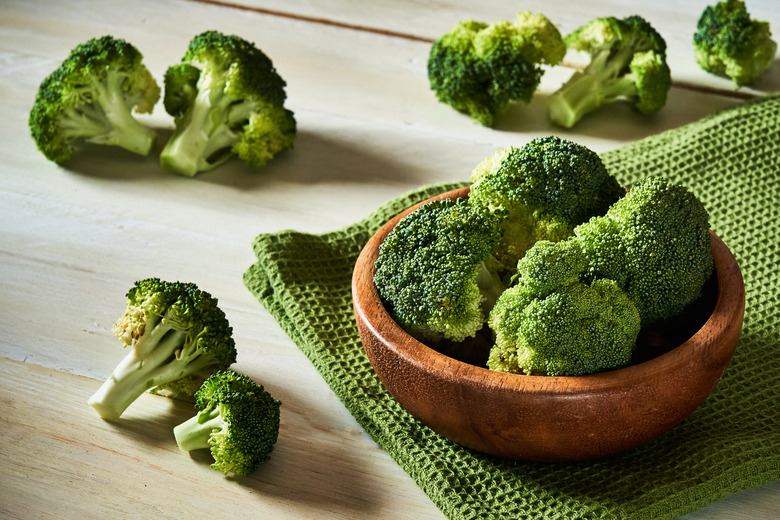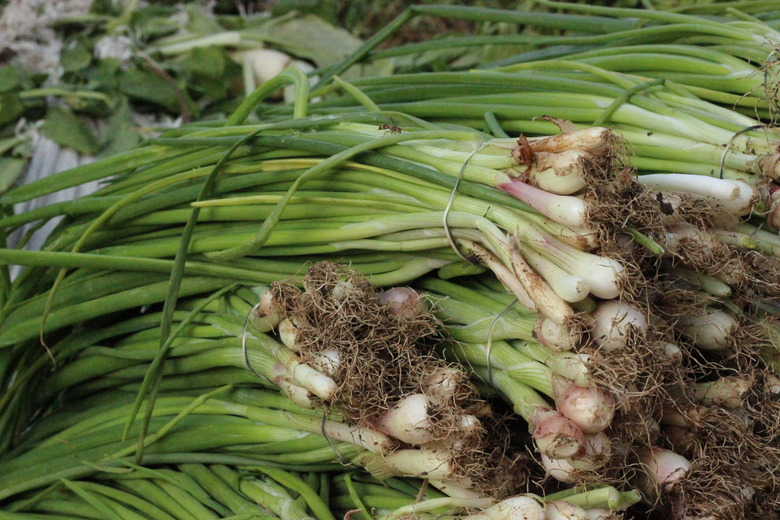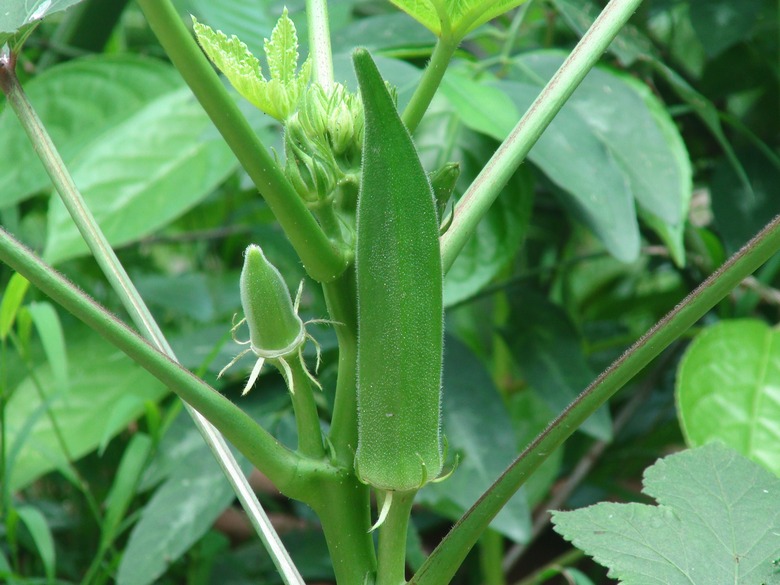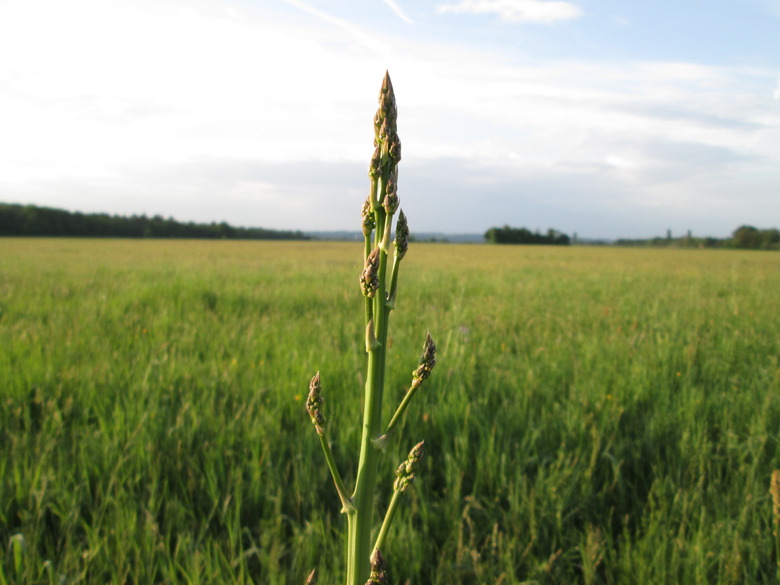What Vegetables Grow Well In Alabama?
A number of root, leafy and fruiting vegetables can be grown in home gardens throughout Alabama. When choosing vegetables to grow, consider the temperature requirements of cool-season vs. warm-season vegetables, which dictate planting times.
Planting dates also depend on the region of the state where you are located. For example, that means that an Auburn planting guide will be slightly different than a Decatur planting guide.
Cool-Season Vegetables
Cool-season vegetables are those that perform best when they mature in cool temperatures.
Broccoli
Broccoli (Brassica oleracea var. italica) develops best in temperatures between 75° and 85°F, which makes it a great fall crop in Alabama. The most common broccoli cultivars for fall in Alabama are 'Eastern Crown' and 'Emerald Crown.'
The best planting windows for broccoli will vary depending on where you are in the state: plant between August 1 and September 1 in northern Alabama and from August 15 and September 30 in southern Alabama.
Cabbage
The summer heat of Alabama is detrimental to cabbage (Brassica oleracea var. capitata). Therefore, this crop is best planted in the winter, between January 1 and February, for a spring harvest, or in the summer, between July 2 and August 10, for a fall harvest.
The 'Charleston Wakefield' and 'Round Dutch' cultivars are considered good options for Alabama.
Cauliflower
Cauliflower (Brassica oleracea var. botrytis) is a cool-season vegetable, however it is sensitive to frost and therefore performs best in Alabama as a fall crop. For a fall crop, sow seeds directly into the garden in late July or early August.
'Snowball' and 'Violet Queen' are two of the cultivars recommended for Alabama's climate.
Onions
Both green onions, also known as scallions, as well as bulb onions, grow well in Alabama. They can be planted in late winter and early spring and again in early-to-mid fall.
Onions have a long growing season. To avoid frost damage, if you are planting onions in Alabama in winter and spring, you'll want to grow them from transplants.
Spinach
Spinach (Spinacia oleracea) is a cool-season vegetable that will produce a flower stalk in hot weather, which is known as bolting. Therefore, in Alabama and elsewhere, it is planted in February or September.
The 'Bloomsdale Longstanding' spinach cultivar is a good choice for Alabama. This cultivar is slow to bolt, has a nutty flavor and is prized for its dark green, crinkly leaves.
Warm-Season Vegetables
Warm-season vegetables thrive in the heat and will not germinate or produce a good crop if planted when temperatures are too low.
Okra
Okra (Abelmoschus esculentus) is a warm-weather vegetable that grows well throughout Alabama, though it works best as a spring planting. Sow seeds directly into the garden three to four weeks after the last frost.
Spineless okra cultivars are easier to handle and therefore best for home gardeners. 'Clemson Spineless' and 'Emerald' are two cultivars that do well in Alabama. 'The 'Burgundy' cultivar produces red pods and is also a good choice for Alabama's climate.
Peppers
Peppers (Capsicum spp.) can be grown from transplants in Alabama, with plantings in April and again in July. They grow best when daytime temperatures are between 70° to 85°F, falling to 60° to 70°F at night.
Popular hot peppers that grow well in Alabama include 'Jalapeño' and 'Habanero.' For sweet peppers, 'Gypsy,' 'Golden Summer,' and 'Purple Beauty' are recommended for Alabama.
Tomatoes
Tomatoes (Solanum lycopersicum) are ubiquitous garden vegetables in Alabama. Because they like warm weather and are sensitive to frost, they are best started indoors and transplanted into the garden in April for a summer crop and in July for a fall crop.
'Better Boy,' 'Husky Gold' and 'Small Fry' are just a few of the tomato cultivars recommended for Alabama. For a cherry tomato, consider 'Sweet Chelsea.'
Perennial Vegetables
While the majority of vegetables are grown as annuals, some are perennials, which means they grow back year after year.
Asparagus
Asparagus (Asparagus officinalis) is a perennial vegetable that thrives in Alabama.
When grown from seed, asparagus can take up to three years to produce a crop, so it is usually started from one-year roots to speed up the process.
Asparagus plants are either male or female. Planting male plants is more productive because, unlike female plants, they do not expend energy making flowers or seeds. Male asparagus cultivars recommended for Alabama include 'UC-157' and 'Jersey Giant.'
References
- Alabama Cooperative Extension System: The Alabama Vegetable Gardener
- Alabama Cooperative Extension System: Vegetable Information
- Alabama Cooperative Extension System: Basics of Fall Vegetable Gardening
- Alabama Cooperative Extension System: Planting Broccoli in Alabama
- Burpee: Spinach, Bloomsdale Long Standing



